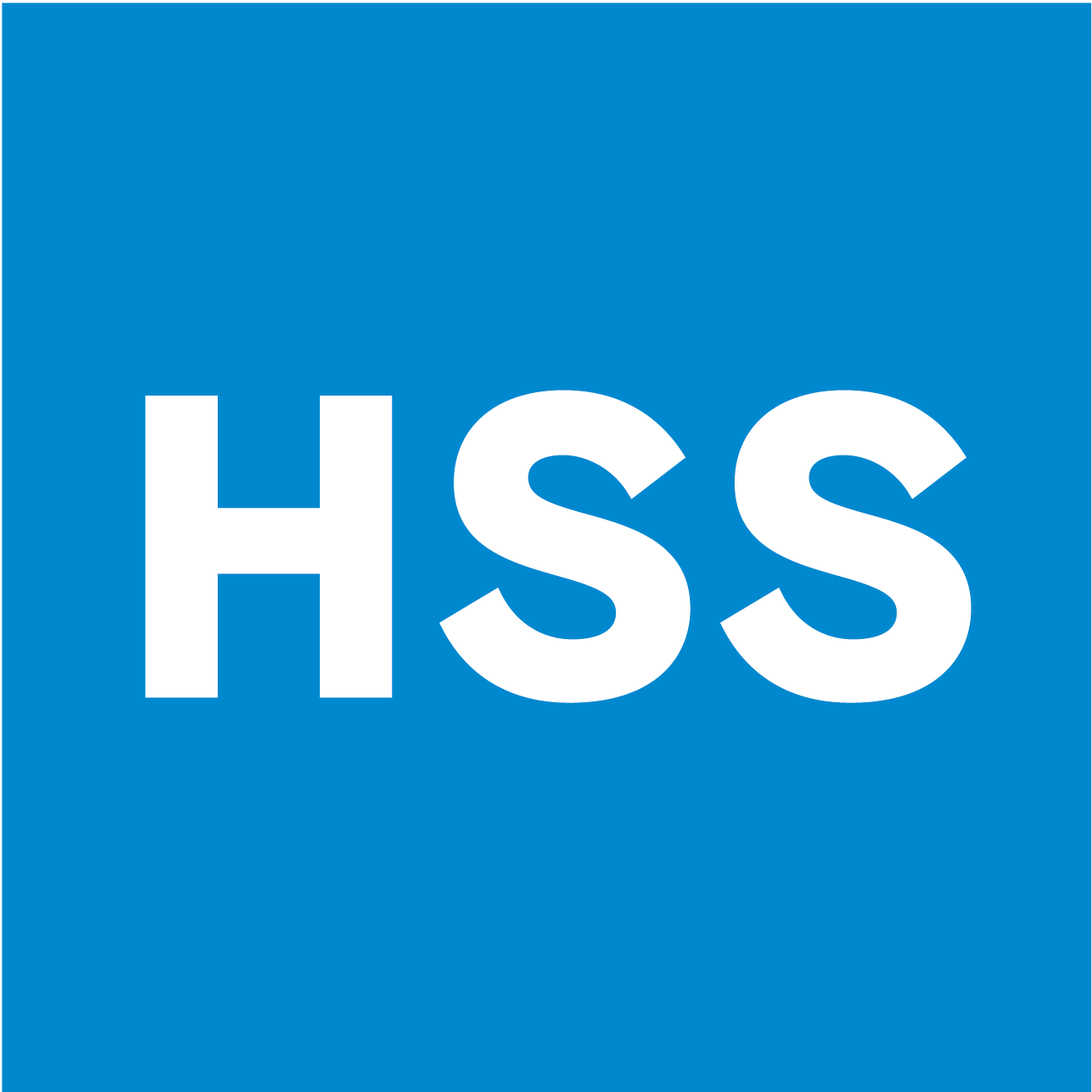Newswise — (New Orleans, LA. March 8, 2018.) An educational session on opioid abuse and new prescription guidelines led to a 45 percent decrease in opioids prescribed after hand surgery, according to a study at Hospital for Special Surgery (HSS). The educational session was mandatory for all HSS staff involved in prescribing controlled substances. The hospital also conducted extensive research to develop guidelines for opioid prescription.
The study, “Opioid Prescriber Education and Guidelines Decrease Opioids Prescribed after Ambulatory Hand Surgery,” was presented today at the American Academy of Orthopaedic Surgeons Annual Meeting in New Orleans.
“Prescription opioid misuse is an epidemic in the United States with almost 2 million Americans having abused prescription opioid medication. It’s now the leading cause of death in adults under 50,” said Daniel Osei, MD, a hand surgeon at HSS and senior investigator. “Recent studies demonstrate a consistent over-prescription of opioid medications nationwide. As physicians, we always strive to provide adequate pain control for our patients. But we are also increasingly aware that when there are excess amounts of unused medication, it can be diverted to uses other than treating pain.”
Currently, there is no national standardized prescriber education course or postoperative opioid guidelines for ambulatory hand surgery. However, prescriber education previously has been shown to decrease over-prescription on a small scale.
The HSS researchers set out to evaluate the effect of the education session and the hospital’s new opioid guidelines on physician prescribing practices after ambulatory hand surgery.
HSS mandated a one- to two-hour education program in November 2016 for all employees qualified to prescribe controlled substances. The hospital also formulated prescribing guidelines after an extensive review of the medical literature on the amount of pain medication commonly needed after hand surgery. The new guidelines, which recommended a specific number of pills based on the type of hand surgery performed, were disseminated to staff in February 2017.
To see if there was a change in prescribing practices, investigators reviewed postoperative opioid prescriptions for patients who underwent ambulatory hand surgery in the two months prior to the mandatory education session; in the two months following physician education; and during the two-month period that followed the dissemination of prescribing guidelines.
A total of 731 ambulatory hand surgeries with postoperative opioid prescriptions for patients were included in the study. All three time periods had a similar ratio of surgery types. Researchers found a 45 percent reduction in opioids prescribed after the education session and distribution of guidelines.
“It would be difficult to overstate the importance of this study. A 45 percent reduction is a huge amount and demonstrates the success of the program in reducing the amount of prescribed narcotics,” said Dr. Osei. “Our results suggest that similar standardized education and prescribing guidelines on a national level could reduce the amount of opioids prescribed after ambulatory hand surgery nationwide.”
The next step for Dr. Osei and his colleagues at HSS will be an analysis of how well the prescribing practices worked in terms of pain control and patient satisfaction for those in the study. He noted that among his own patients, he did not notice an increase in requests for more pain medication.
About HSS | Hospital for Special Surgery
HSS is the world’s leading academic medical center focused on musculoskeletal health. At its core is Hospital for Special Surgery, nationally ranked No. 1 in orthopedics (for the eighth consecutive year) and No. 3 in rheumatology by U.S. News & World Report (2017-2018). Founded in 1863, the Hospital has one of the lowest infection rates in the country, and was the first in New York State to receive Magnet Recognition for Excellence in Nursing Service from the American Nurses Credentialing Center four consecutive times. An affiliate of Weill Cornell Medical College, HSS has a main campus in New York City and facilities in New Jersey, Connecticut and in the Long Island and Westchester County regions of New York State.
In 2017 HSS provided care to 135,000 patients from 80 countries, and performed more than 32,000 surgical procedures. In addition to Patient Care, HSS leads the field in research, innovation, and education. The HSS Research Institute comprises 20 laboratories and 300 staff members focused on leading the advancement of musculoskeletal health through prevention of degeneration, tissue repair, and tissue regeneration. The HSS Innovation Institute was formed in 2015 to realize the potential of new drugs, therapeutics and devices; the global standard total knee replacement was developed at HSS in 1969, and in 2017 HSS made 130 invention submissions (more than 2x the submissions in 2015). The HSS Education Institute provides continuing medical curriculum to more than 15,000 subscribing musculoskeletal healthcare professionals in 110 countries. Through HSS Global, the institution is collaborating with medical centers worldwide to advance the quality and value of care, and to make world-class HSS care more accessible to more people.
